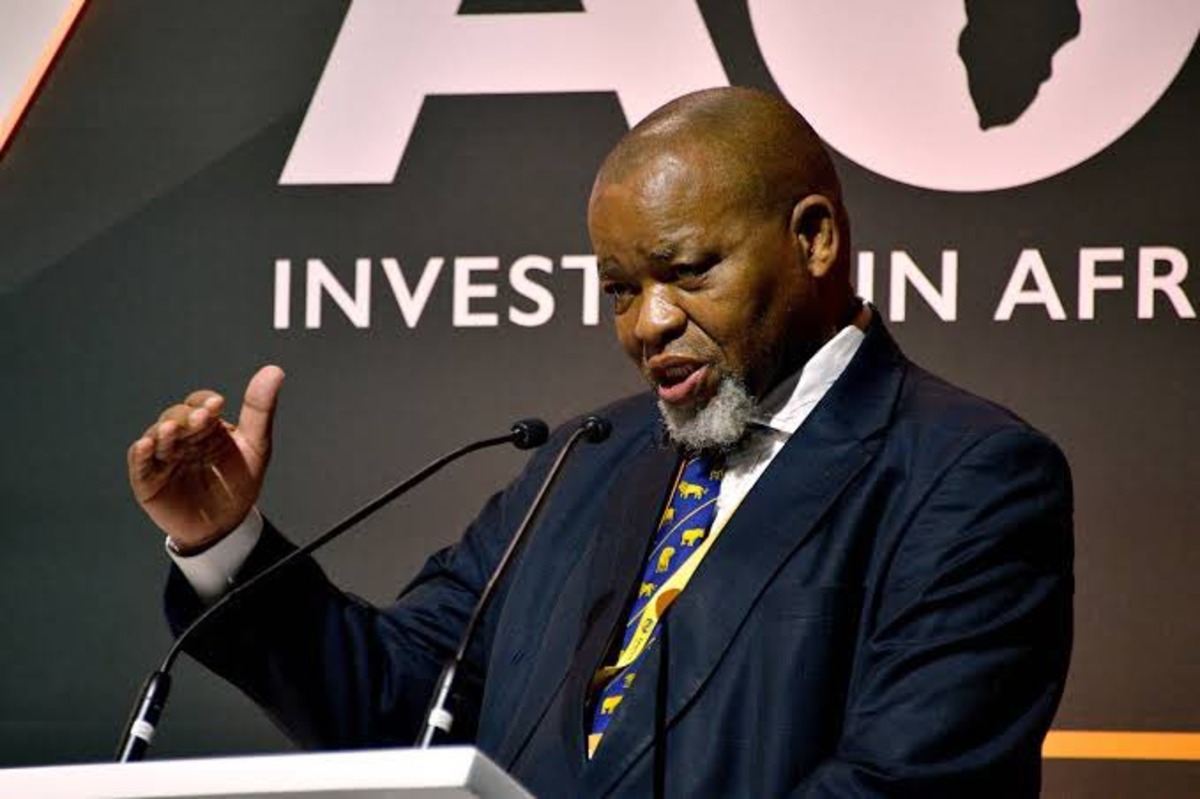
SANPC: South Africa’s latest state-owned company now open for business
Gwede Mantashe, Minister of Mineral and Petroleum Resources, has officially unveiled the South African National Petroleum Company (SANPC).

Minister of Mineral and Petroleum Resources Gwede Mantashe officially launched the South African National Petroleum Company (SANPC), declaring it “open for business” and inviting both local and international investors.
At the launch ceremony in Johannesburg last Friday, Mantashe said the SANPC’s formation marks a crucial step to strengthen the country’s energy security, cut fuel import dependence, and improve management of South Africa’s petroleum assets.
The new state-owned enterprise (SOE) is the result of a merger between three key entities: PetroSA, iGas, and the Strategic Fuel Fund Association.
“The real issue is ensuring energy security in the country,” said Mantashe.
“In the wake of evolving global trends, including the shift away from fossil fuel usage, the SANPC will operate in an increasingly volatile, unpredictable, and polarised world.”
Welcoming partnerships
Mantashe emphasised that global energy transitions will not stop the demand for fossil fuels from rising, especially in developing economies like South Africa.
“Reviving PetroSA is important, SAPREF is important, and if there are people who want to partner with us… we are open for business,” he declared.
“We are open for partnerships, and we are open for people who want to invest.”
Mandate and strategic vision
The SANPC is expected to take a central role in strategic planning, coordination, and governance of the petroleum sector.
Its overarching mandate includes:
- Supporting sustainable development
- Driving inclusive economic growth
- Investing in local refining capacity
- Reducing the country’s import dependency for petroleum products
To ensure the company can become self-sustaining, Mantashe urged it to leverage strategic partnerships and national energy capabilities.
Focus on governance and leadership
The Minister said that good governance would be the backbone of the new entity’s success.
“To enable the entity to deliver on its mandate, we had to ensure good governance… hence, we swiftly appointed the board of directors, an interim CEO, and non-executive directors in April last year,” he noted.
Since then, Mantashe said progress has been made in establishing governance structures and resolving legacy issues.
“For SANPC to succeed, it must have strong leadership with vision and the ability to develop managerial capacity. Employees must embrace a new culture of collaboration, transparency, and teamwork,” he added.
A new chapter in energy security
The launch of the SANPC signals a renewed focus on domestic energy capacity, as South Africa grapples with the global energy transition and the need for long-term economic stability.
Mantashe concluded with a call for financial prudence and innovation.
“A task at hand for all of us is to ensure that the entity remains financially sustainable and independent in order to fulfil its developmental mandate.”
